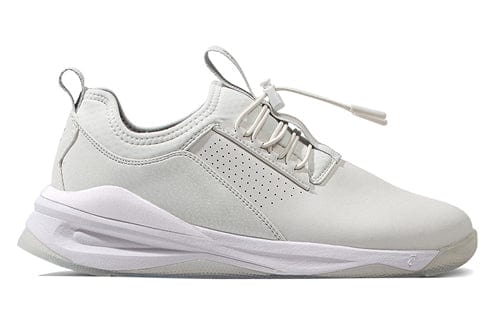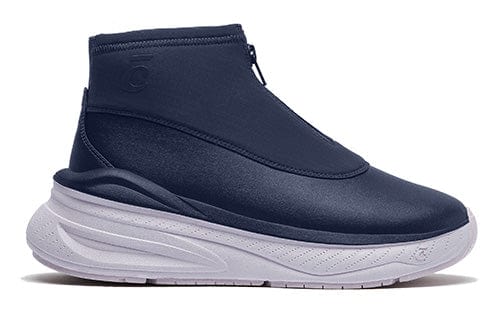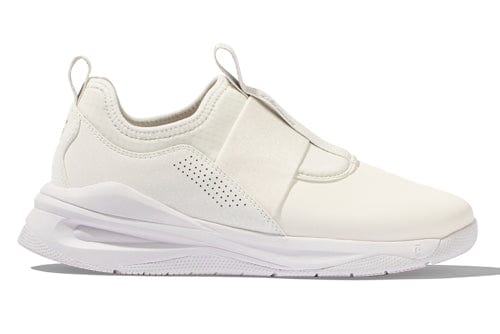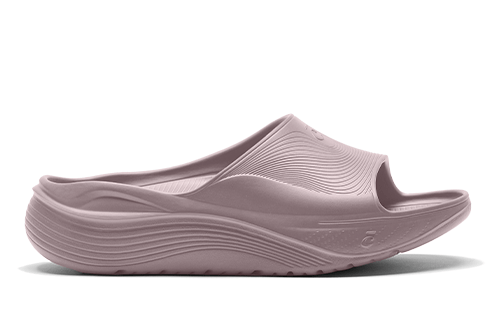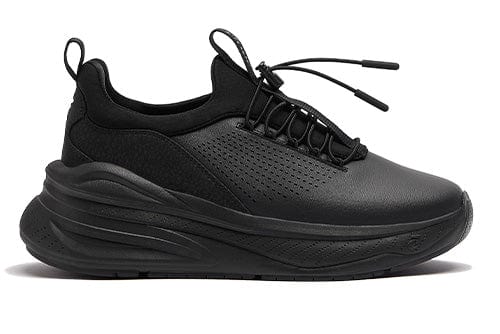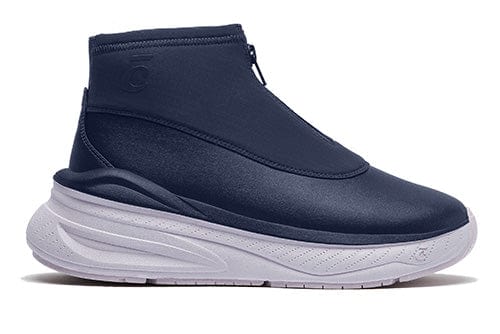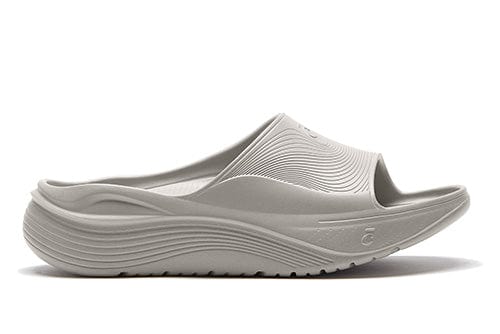Exploring the Connection Between Plantar Fasciitis and Knee Pain
When your feet hit the ground each morning, they do more than just carry you through the day—they support your entire body, step by step. But what happens when that foundation is compromised?
If you have plantar fasciitis, the sharp, stabbing pain in the heel is only the beginning. This condition can have a ripple effect, leading to discomfort in areas far from the feet, particularly the knees.
Could plantar fasciitis cause knee pain? Let’s explore the connection between the two and uncover how managing one condition could alleviate the other.
What is Plantar Fasciitis?
Plantar fasciitis is an inflammation of the plantar fascia, the thick band of connective tissue that stretches from your heel bone to the base of your toes. This tissue helps absorb shock as you walk, run, or even stand for long hours, but when overused or strained, it can develop tiny tears, leading to inflammation and plantar heel pain. The most common plantar fasciitis symptoms include a sharp pain at the bottom of the heel, particularly after long periods of rest, such as first thing in the morning or after sitting.
This condition isn't reserved for athletes or fitness enthusiasts. Anyone can be affected, from teachers to healthcare workers who are on their feet all day to those with flat feet or high arches. Left untreated, heel pain can quickly become a constant companion.
How Plantar Fasciitis Can Lead to Knee Pain
So, does plantar fasciitis cause knee pain? The answer is a resounding yes. Let’s break it down.
When your feet hurt, your body naturally compensates by changing how you walk—an unconscious shift designed to avoid aggravating the already inflamed plantar fascia. Over time, this altered walking pattern can create a misalignment in your entire lower body. The knees, being central to your leg’s range of motion, take on a greater strain. Every time your foot lands incorrectly, your knee joint bears the brunt of that imbalance. This constant stress can lead to chronic knee pain, particularly around the kneecap or in the form of knee osteoarthritis.
In short, what causes knee pain? Poor foot alignment, courtesy of plantar fasciitis, is a major factor. As the plantar fascia ligament pulls and strains, it disrupts the harmony between the foot, ankle, and knee. Flat foot conditions can also worsen this, causing the knee to twist in unnatural ways and further inflaming the surrounding connective tissue. It’s not just a foot issue—it’s a whole-body problem.
Footwear’s Role in Managing Plantar Fasciitis and Knee Pain
The good news is that something as simple as changing your shoes could dramatically reduce the discomfort you feel in your feet and knees. Supportive shoes are essential for keeping your feet in proper alignment, providing the necessary cushioning to relieve pressure on the plantar fascia, and preventing further strain on the knee joint.
When it comes to shoes for knee problems, look no further than Clove. Designed with the working professional in mind, Clove sneakers offer superior support for individuals who stand or walk for extended periods. Not only are they built to ease the burden on your feet, but their carefully engineered structure also provides much-needed stability for your knees.
Whether you’re dealing with the aching aftermath of plantar fasciitis or looking for relief from knee pain, Clove’s shoes are here to support you every step of the way. (Literally!)
Treatment Options for Plantar Fasciitis and Knee Pain
If you're wondering how to ease sore knees and reduce the pain associated with plantar fasciitis, there are several approaches you can take. It’s important to treat both conditions together, as focusing on one without addressing the other can lead to a frustrating cycle of recurring discomfort.
- Rest and Ice: Sometimes, the best thing you can do is take a load off. Give your feet and knees a break from strenuous activity, and use ice packs to reduce inflammation.
- Stretching Exercises: Gentle stretches, particularly for the Achilles tendon and plantar fascia, can help release tension and improve flexibility. Regular stretching can also prevent future issues.
- Physical Therapy: A professional can guide you through exercises designed to correct your walking posture and strengthen the muscles around your knees and feet. This can be particularly helpful in addressing flat feet or any imbalances caused by plantar fasciitis.
- Anti-Inflammatory Medications: Over-the-counter medications like ibuprofen can help with pain relief, particularly for inflammation in the plantar fascia ligament or the knee joint.
- Supportive Footwear: As mentioned, proper footwear plays a huge role in your overall comfort. Clove’s supportive shoes are specifically designed for individuals who spend a lot of time on their feet, making them a great solution for both plantar fasciitis and knee pain.
By addressing the root cause—often improper foot alignment due to plantar fasciitis—you can start to reduce your foot and knee pain.
Get Back to Moving Comfortably
The link between plantar fascitis and knee pain is undeniable. When the plantar fascia is inflamed, it sets off a chain reaction that can disrupt the alignment of your entire body, especially the knees. But with the right approach—be it through stretching, proper footwear like Clove’s supportive sneakers—you can find relief and get back to moving comfortably.
Don’t let plantar fasciitis and knee pain keep you from enjoying life. Check out Clove’s newest releases of supportive shoes designed with both comfort and long-term pain management in mind.
Sources:
- Mayo Clinic. Plantar fasciitis. https://www.mayoclinic.org/diseases-conditions/plantar-fasciitis/symptoms-causes/syc-20354846
- Cleveland Clinic. Plantar Fasciitis. https://my.clevelandclinic.org/health/diseases/14709-plantar-fasciitis
- National Library of Medicine. Flat Feet Are Associated With Knee Pain and Cartilage Damage in Older Adults. https://pmc.ncbi.nlm.nih.gov/articles/PMC3087845/


